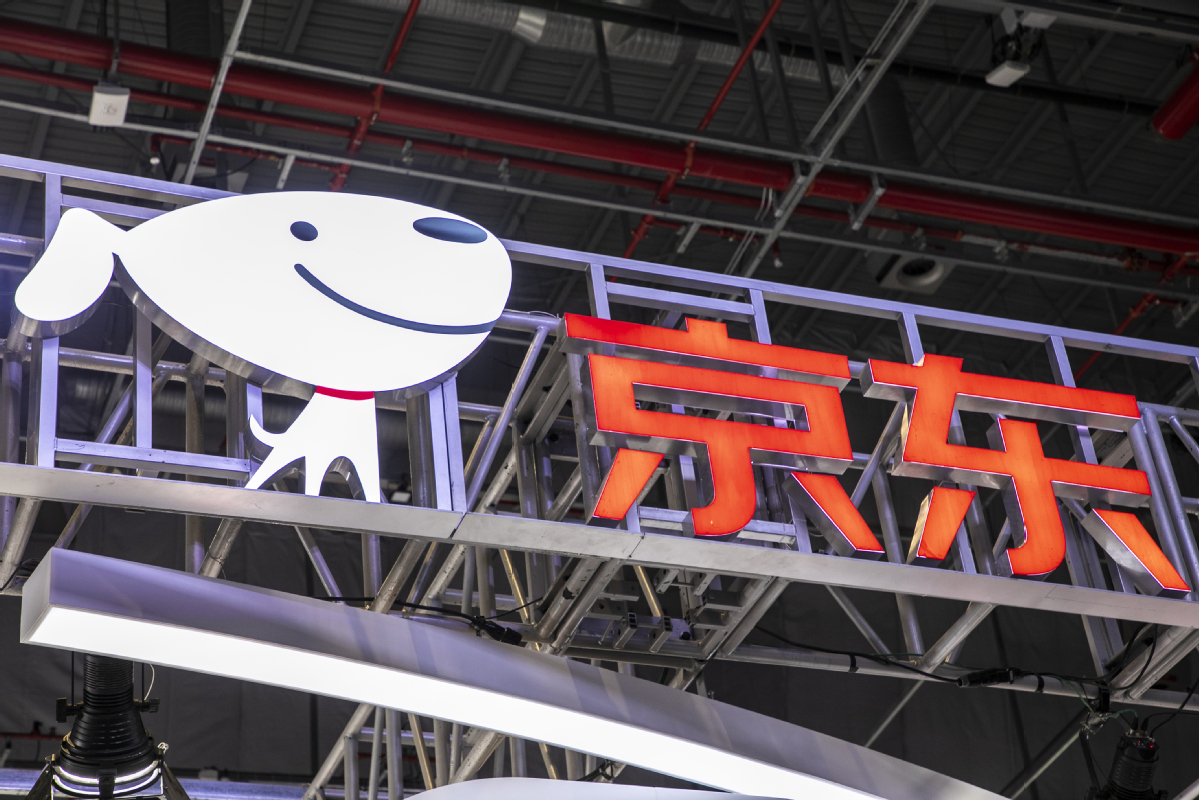Home as perk: Creating a better housing system with many supply channels


Construction of a residential project for 4,000-odd employees of Chinese e-commerce giant JD kicked off in Beijing on May 4, China's Youth Day. Industry experts believe projects like this can supplement the mainstream residential property segment well.
With a total gross floor area of more than 300,000 square meters, the project entails an investment of more than 6 billion yuan ($854.49 million). Named JD Youth City, the project will equip each of its flats with furniture and electrical appliances to allow employees of the company to move in immediately upon completion, according to the Beijing-headquartered e-commerce company.
JD Youth City will consist of facilities for leisure activities, entertainment and sports. In addition, a kindergarten that can hold up to 12 classes will be set up.
The facility is consistent with JD's efforts to improve its employees' living conditions. In the past two decades, the company has spent more than 22 billion yuan in building over 25,000 employee flats nationwide, said Zhang Pang, chief human resources officer of JD.
Projects such as JD Youth City can address shortage of adequate housing demand in hot-spot cities and effectively meet the demand for high-quality rental as well as self-owned housing from non-local residents and the younger generation. They can also contribute to the establishment of a long-term housing system with multiple supply channels and attach equal importance to both leasing and homebuying, said Xie Chen, head of research with CBRE China, a commercial real estate services and investment firm.
Augmenting employee benefits by way of staff apartments certainly alleviates the housing pressure, said Shaun Brodie, senior director and head of occupier research of China at Cushman & Wakefield, a global real estate services firm.
A good living environment also meets the needs of the younger generation who seek a good quality of life. For most companies, attracting high-level talent and being able to retain them is crucial for their (companies') long-term development — and employer-offered accommodation is one important tool in the box that companies with the resources can use, Brodie said.
"Big-name Chinese enterprises such as Gree, Huawei, JD, Wahaha and Hongxing Erke are building apartments for their own employees and thus setting a trend," said Li Yujia, chief researcher at the Guangdong Planning Institute's residential policy research center.
The idea of offering housing as a perk for employees is fast becoming popular among domestic enterprises. Such housing projects will satisfy younger staff members' requirements for living in a place that can make them feel at home, where they can live with dignity and respect, Li said.
For years, the real estate industry has been operating under the principle of "housing is for living in, not for speculation". In this context, measures like large companies building staff apartments align well with current market trends, Brodie said.
As the country keeps accelerating the development of rental housing with diversified investment and multiple supply channels, many organizations are increasing their efforts to solve the middle-aged and younger generations' living problems, said Sheng Xiuxiu, residential sector research director at JLL China, a global real estate advisor.
Employee apartments can also be regarded as a strategy for labor-intensive companies to better attract and retain their employees, Sheng said.
According to Brodie, facilities such as JD Youth City can help spur regional economic development by attracting young talent to an area, city or region.
Sheng said, "For local governments, their support for enterprises' construction of employee apartments will undoubtedly bring benefits to local investments, boost drives to attract talent and help transform or upgrade local industrial structure."




































